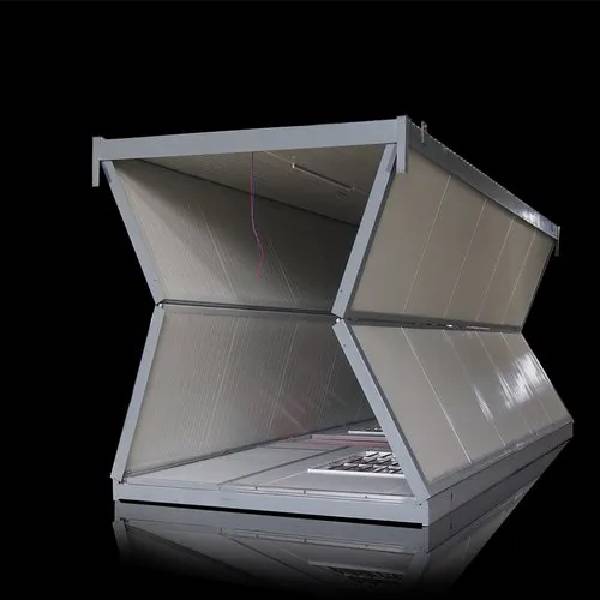Surgical Masks Can Filter Out Some Viruses and Bacteria by Trapping the Aerosol Suspended in Breathed Air
 |
| Surgical Masks |
Despite the fact that the aerosol
suspended in inhaled air that surgical masks are made of will filter out some
viruses and germs, they only offer partial protection against airborne
infections due to the often loose fit between the mask edges and the wearer's
face. Surgical masks differ from filtering respirators, which are more airtight
and specifically built to guard against finer airborne particles, such as those
made to the American N95 standard.
A side-by-side comparison of
exhaling with and without a mask. Be aware that when breathing out without a
mask, air jets that can quickly convey bacteria and viruses towards a person in
front of the person breathing out are released.
The global Surgical
Masks Market was valued at US$ 5,091.6 Mn in 2021 and is forecast to reach
a value of US$ 6,565.9 Mn by 2028 at a CAGR of 3.5% between 2022 and 2028.
However, when wearing a mask, these
jets are inhibited, which causes the air to largely rise as a result of
convection. The wearer can breathe easily since the same quantity of air moves
in both scenarios despite the fact that jets are prevented in both. Some masks,
including some made of cloth, contain valves that facilitate breathing through
them. Unfortunately, the air that is exhaled while using these masks is not
filtered. They have been prohibited in several regions as a result.



Comments
Post a Comment